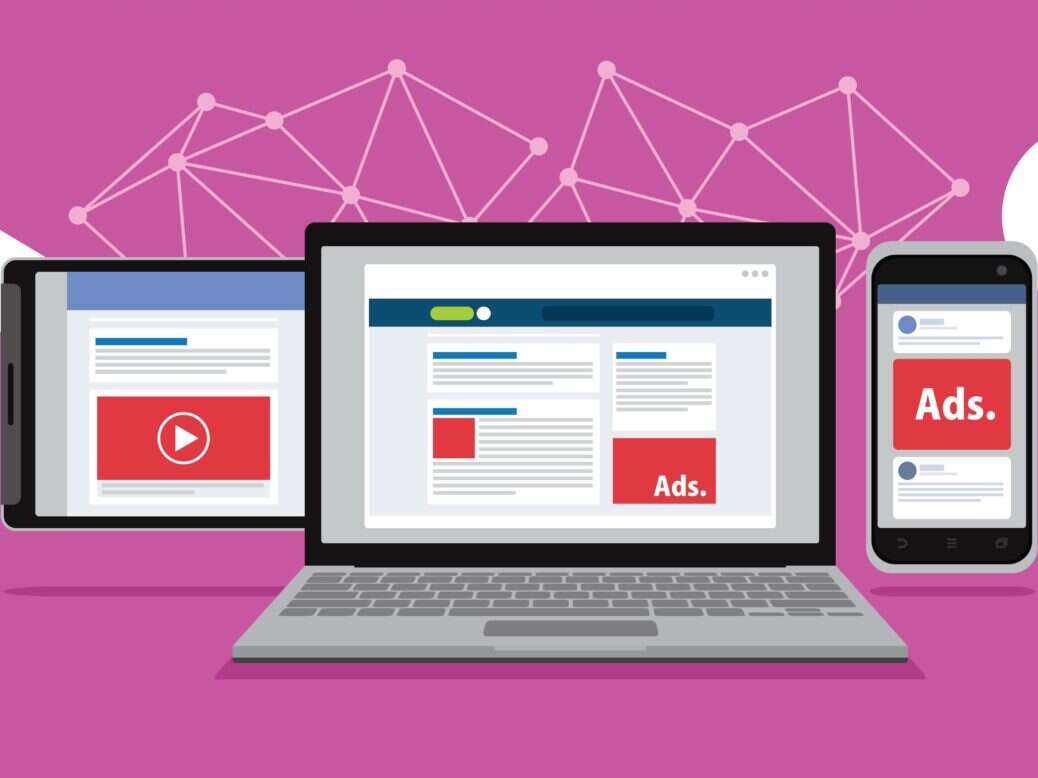
Press Gazette reports that Google’s plans to switch off third-party cookies on Chrome could kill ad-funded journalism on the open web.
It isn’t that long ago that Facebook’s algorithms were to blame. And so it has gone on for years.
Well tough doodoo! Publishers were far too quick to unquestionably romance with the digital big boys, and now we’re all paying the price of over-dependency.
Some 20 years ago at an event in Zurich, I told the assembled mediarati: “We are all feeling the allure of the likes of Google and Yahoo. So was I, but be careful: it won’t be long before they’re eating your lunch, then they’ll come back to eat the whole table.”
About six months later Gavin O’Reilly, then president of the World Association of Newspapers and chief operating officer of Ireland’s Independent Newspapers, said: “The search engines are increasingly aiming their strategic efforts at traditional content originators and aggregators like newspaper publishers… The irony is that these search engines exist, largely, because of the traditional news and content aggregators and profit at their expense.”
This was all in 2004, the year that Facebook launched; around the time when Rupert Murdoch acquired Myspace only to be blown away by the Facebook behemoth.
Our over-dependence on these digital titans has affected publishers across two fundamental dimensions:
- Loss of advertising revenue, directly, and because of transaction intermediaries
- Loss of control of the reader relationship.
Beyond the issue of advertising spend on space, an additional element of the revenue dilution is due to the role of the transaction intermediaries, such as Google’s Double Click. Whereas the value chain used to consist simply of the advertiser, agency, and media house, today a host of intermediaries take multiple cuts of the original spend, often in excess of 50%.
The second dimension of the impact of over-dependence relates to reading behaviour, and publishers’ relationships with their readers. Vast amounts of a newsbrands’ traffic is either directed from one of the digital titans, or indeed their content appears within their pages, depriving the publisher of any control.
In print the number of people who read a title at some point in a week was and remains about double the daily audience. But when one adds digital audience into the mix, the figures become far more complex. Compared with one day’s print audience, over three times as many people read a newspaper across any platform – print, mobile, tablet, PC – on any one day. Over a week this ratio rises to ten-fold. And over a month it is approaching 20 times.
So, the scope for a publisher to build their daily audience from within their wider reader pool is enormous, but only if that publisher has control, which we have lost in the digital mix.
My experience is that, with a few exceptions, editors and their staff spend far too little time considering these issues. Partnering with the likes of Google and Facebook seems like the attractive – dare I say easy – option.
In recent years we have all witnessed the decline in news media’s audiences and revenues. Yet publishers continue to show remarkable resilience. There is an opportunity to utilise that resilience to ween ourselves off this dependence. The impact of the titans’ restrategising will only get worse. There are many ways that publishers can take back control of their audiences, improve direct relationships and claw back the elements of the advertising value chain that have been lost to the intermediaries.
Reach have gone some way to achieving this with their “Three Pillars” vision of collecting reader data directly, contextualising advertising, presumably bypassing the intermediaries, and removing other parties’ ability to track their audience. We’ll see. Judging by the state of some of Reach’s regional title sites, they have some more fundamental content issues to deal with.
Publishers can not only achieve greater levels of value-adding audiences and page views, but also increase the flexibility to introduce different access-pricing offers. And they can be confident that if they knock on the doors of media buyers to collectively wrest back their respective shares of the value chain they will enjoy a positive welcome.
There is a simple choice: continue to watch as our revenue streams are further eroded due to decisions beyond our control or create a new future built on the direct value streams that we can directly influence. And to me, that future looks good.
Email pged@pressgazette.co.uk to point out mistakes, provide story tips or send in a letter for publication on our "Letters Page" blog
